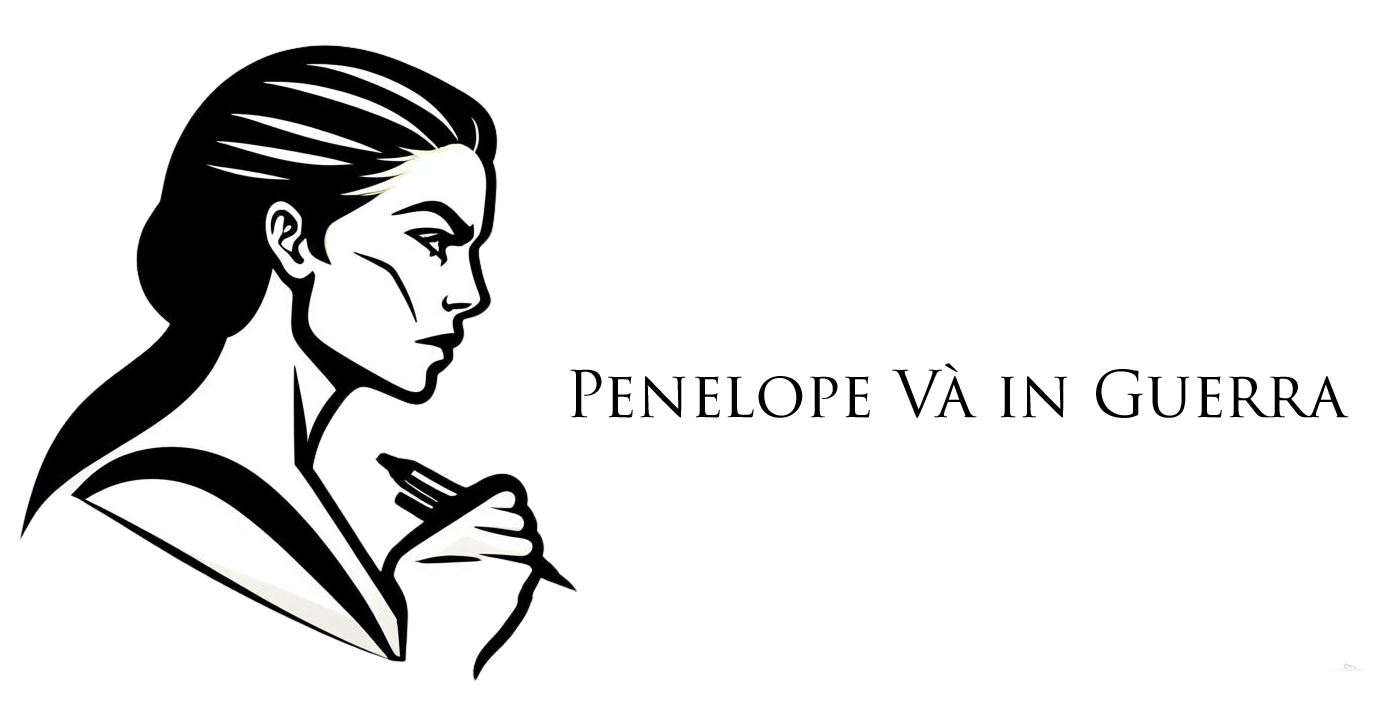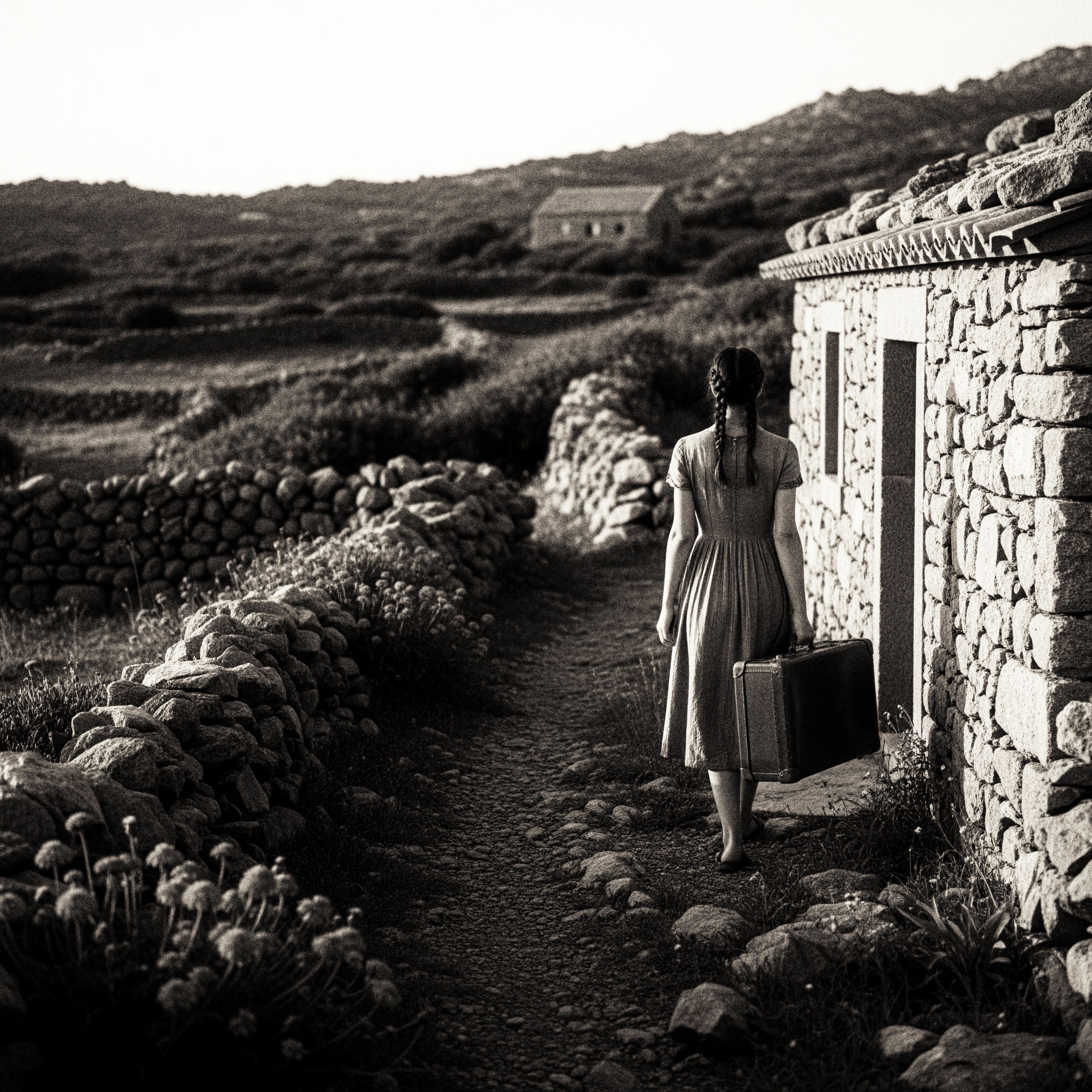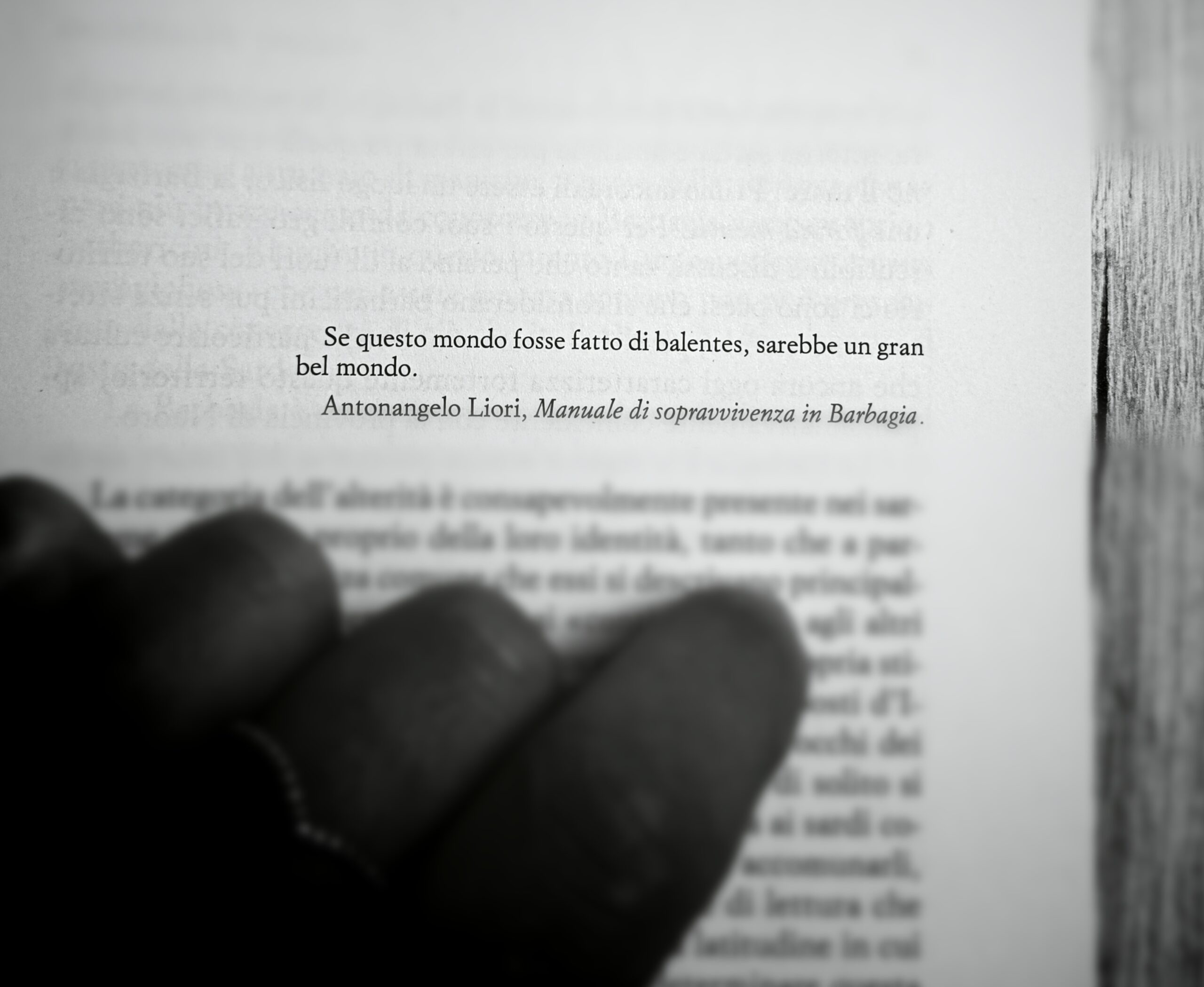“You have to see people from above… When you are on the same level as people, it’s much harder to see them as ants: they touch you.” (J. P. Sartre, Erostrato)
It has almost become a trend to repeat clichés like “traveling is so important” or “traveling opens your mind.” We hear them everywhere, for years. But only after traveling enough did I realize something: I had never really asked myself why these phrases are repeated so often (and maybe even those who say them don’t know exactly why).
One day I read this sentence by Sartre: “You have to see people from above… When you are on the same level as people, it’s much harder to see them as ants: they touch you.”
In a society totally based on profit, career, and the pursuit of “tangible goals,” the reasons we tell ourselves when we leave home very young are often: for study, to look for a better economic future, sometimes to learn a new language, because salaries in Italy are too low, and so on. All true, of course.
But beyond these rational excuses we tell ourselves to avoid deeper motivations, I realized that everything I was telling myself while packing my suitcase was superficial compared to the real change I had to face far from the place where I was born: looking at that place from above, seeing its strengths and weaknesses. Watching the people, the small communities, the habits, the unwritten rules, like an anthill: many small lives running, crossing paths, moving with a purpose that is hard to understand when you are too close.
Indeed, it is difficult to see reality clearly when you are part of it: we cannot see people as ants because we feel their emotions, notice their expressions, wrinkles, sweat. We are distracted by the fact that those people are human beings like us, with their fears and anxieties. Their life is based on the same rules as ours, and we are too empathetic.
Leaving allows us to create fears, anxieties, and different rules; it allows us to forget, for a while, the reasons that tied us to that place, to forget those wrinkles, expressions, that sweat. What remains is a macro reproduction of many small actions that, compared to the new life we are building, give us many answers to questions we didn’t even know we had.
Paradoxically, I began to truly understand Sardinia only after I left. Thinking back on my first nineteen years on the island, the most spontaneous feeling is to compare myself to that fish from David Foster Wallace’s story in “This is Water”: a fish, born and raised in the sea, immersed in something it couldn’t even recognize. Water, precisely.
Yes, that fish was me: immersed in a system of unwritten rules, in a land with a deep identity crisis, constantly torn between what it had known,“su connottu”1, and a modernity that overturned everything.
A land full of contradictions, which at that moment was poison for me, but which would become my medicine only after seeing it from afar, understanding and accepting it.
And above all, from afar, observing that little piece of world, I saw myself there too, like an ant. Because honestly, the idea that we travel to get to know other cultures is actually a lie. We travel to get to know ourselves.
It is only by facing radically different contexts that we truly start to see ourselves and, by looking at ourselves with different eyes, we understand much more about the place we come from.
- “Su connottu” is a Sardinian expression meaning “the known” or “the familiar.” It refers to the traditions, values, and ways of life deeply rooted in Sardinian culture. ↩︎



